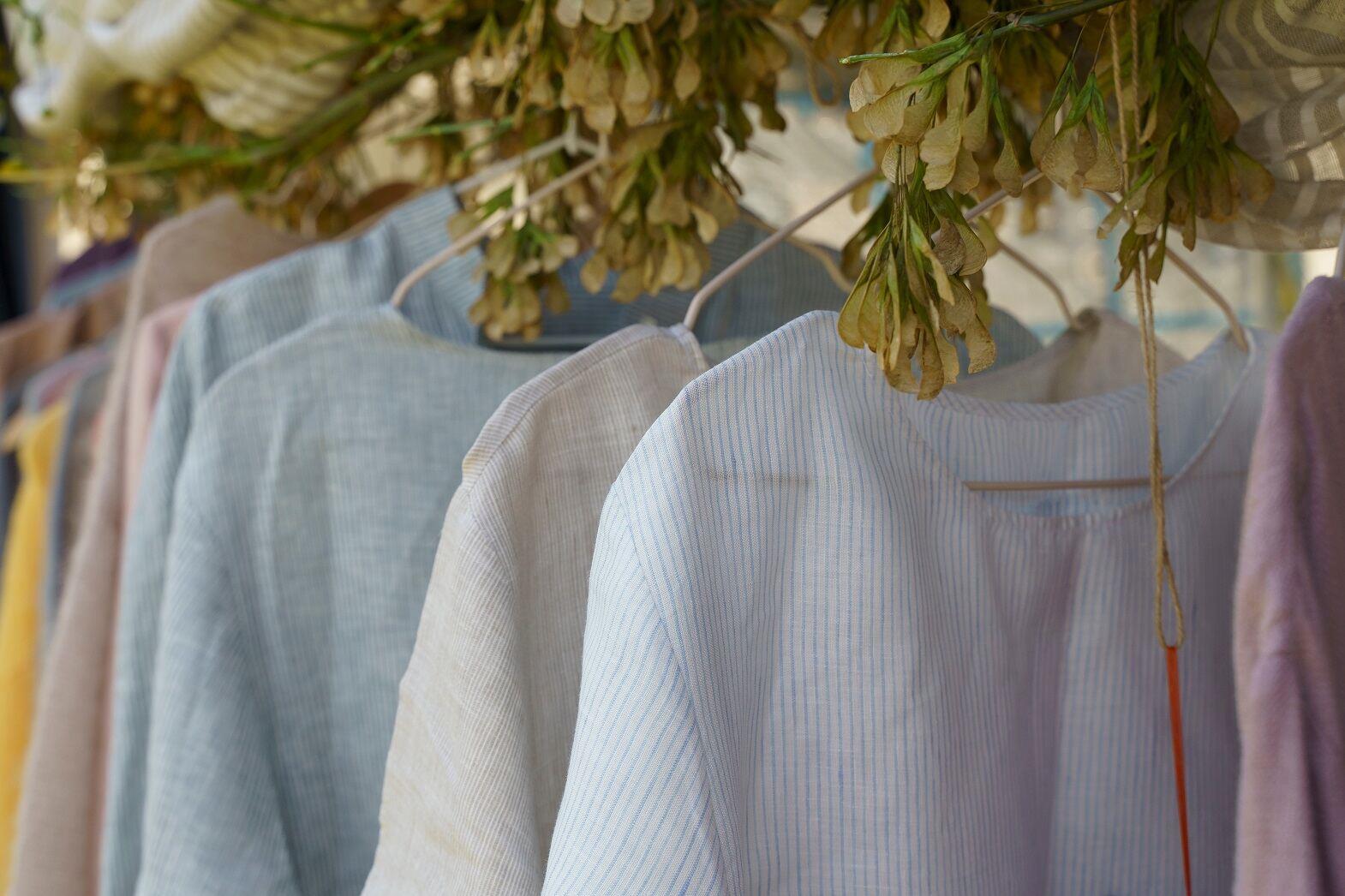People should try to avoid buying polyester items that require frequent washing, or they can use washing bags for these. Finding and choosing 100 per cent organic fabrics can be challenging. It takes time to shop around. However, there are choices. From completely vegan fabrics to semi-synthetic vegan fabrics there are many to choose from. Fabrics that could be sustainable include natural animal derived fabrics like yak, sheep, and merino wool, hemp, linen, down, and silk.
Hemp fabric, for instance, deriving from the hemp plant, is considered one of the most sustainable and eco-friendly fabrics one can wear. Hemp fabric becomes softer after every wash, making it ideal for fashion and linens. Hemp plants restore soil nutrients while cleansing the soil of toxins, absorbing more CO2 from the air than any other plant, making it an excellent choice. Some experts believe it is more eco-friendly and easier to grow than bamboo. S0, who would not like a linen shirt or a set of linen sheets on a hot, summer day?
Another fabric of interest is bamboo linen. After processing the bamboo plant, what is obtained is known as ‘rayon’. Bamboo linen is actually bamboo rayon. Bamboo produces a soft, breathable, and durable product. Similar to linen, it keeps individuals cool in warm weather and warm in the cold.
Bamboo, hemp, and linen fabrics are known for being antibacterial and hypoallergenic too, perfect for people with allergies. Bamboo plants are great for the environment, since they can grow without harmful pesticides, fertilisers, and irrigation. Bamboo produces much-needed oxygen and absorbs carbon but when bamboo fabric is made, the chemicals used could be harmful to the soil. So, people need to look for certified organic bamboo, and not bamboo rayon which is made by using the closed-loop process. If the closed-loop process is not employed, then toxic non-recycled chemicals are used. The end result is a non-sustainable product.
Organic silk is a great choice for those seeking a luxurious look. It is made without the use of synthetic pesticides or fertilisers. One should, however, keep in mind that silk is a delicate fabric that stains easily, and the colours fade faster than with other fabrics.
Organic cotton (or recycled cotton fibres), the alternative to conventional cotton, has become a popular material, as it is soft, very sustainable (does not use nitrogen-based synthetic fertilisers in the production process), biodegradable, and does not produce microplastics. For instance, comforters made of organic cotton use 85 per cent less water than non-organic comforters in the production process, while improving air quality, water conservation, and helping the livelihood of farmers worldwide.
Recycled cotton (instead of traditionally made cotton) is a better choice since it does not require the use of new materials or resources and that translates into less pollution. Vegan leather is in great demand but instead of choosing leather made from plastic, such as polyurethane (PU leather), and polyvinyl chloride (PVC leather) which are harmful to the environment, choose a fabric made from repurposed food by-products like pineapple leaf fibre, apple peels, and banana fibre. So, enjoy wearing and using organic fabrics and recycled fabrics to prevent fabric waste while contributing to a healthier environment.







Comments